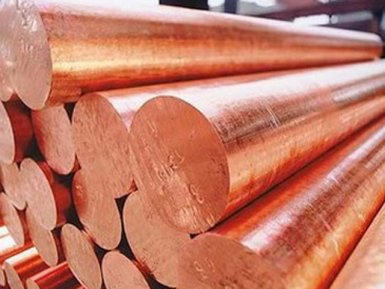Application of nickel alloys

Are you interested in the use of nickel alloys in engineering from the supplier AvecGlob? Here you will find interesting information on this topic /
General characteristics of nickel alloys used in engineering
Nickel-containing alloys play an important role in the production of machines for the food industry, in the production of high-temperature engineering units, in transport and road building machinery. They are used because — in comparison with other materials — provide better corrosion resistance, better viscosity, better strength at high and low temperatures, as well as a number of special magnetic and electronic properties.
The most important in the machine building industry are alloys of iron, nickel and chromium, of which stainless steel containing 8… 12% nickel is the most used. Nickel alloys with a structure of stainless steel, but with a higher nickel content are used for more responsible applications, such as gas turbines and some chemical aggregates.
In addition, iron-nickel alloys are used in electronics and specialized equipment, and copper-nickel alloys for coinage and marine engineering. A total of 300 brands of nickel-containing alloys are used in various engineering industries.
Supplier — AvekGlob Company — offers at a reasonable price from the manufacturer a diverse range of nickel-based alloys that can be used in engineering. The supplier guarantees the timely delivery of products to any address specified by the consumer.
Properties of nickel alloys used in engineering
Often, nickel is used to create decorative corrosion-resistant coatings. This is nickel plating, which is often used in the tool industry for the production of a highly resistant tool designed to handle high-strength steel billets. Nickel plating is sometimes used in conjunction with silicization and chrome plating operations.
Nickel is a key part of several battery systems used in transport technology, as well as in emergency power systems. The most important today are nickel-metal hydride (NiMH) batteries. Nickel is also a key component of many catalysts used to improve the effectiveness of chemical reactions.
The use of most nickel-containing alloys extends the service life of engineering products by about 20… 25 years. Products containing nickel can often provide optimal solutions to various practical problems at lower overall costs and more efficient use of resources, including energy. At the end of their service life, nickel-containing waste can be collected and recycled for subsequent use or effective disposal.
Supplier — AvekGlob Company — offers to purchase various brands of nickel alloys used in engineering. Products can be bought at a price formed on the basis of European and world standards of production. Implementation is possible in bulk and retail, for regular customers, a flexible system of discounts operates.


